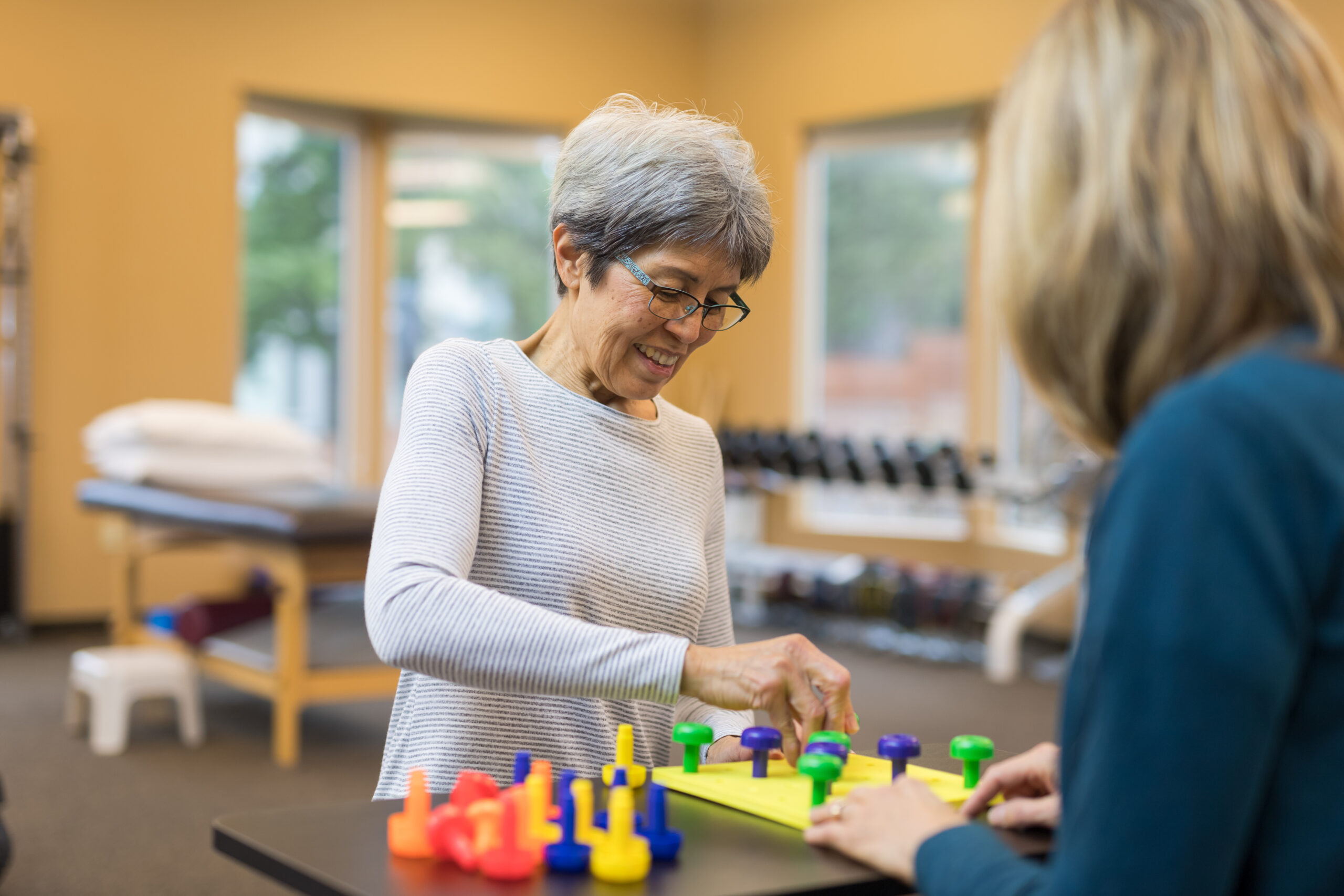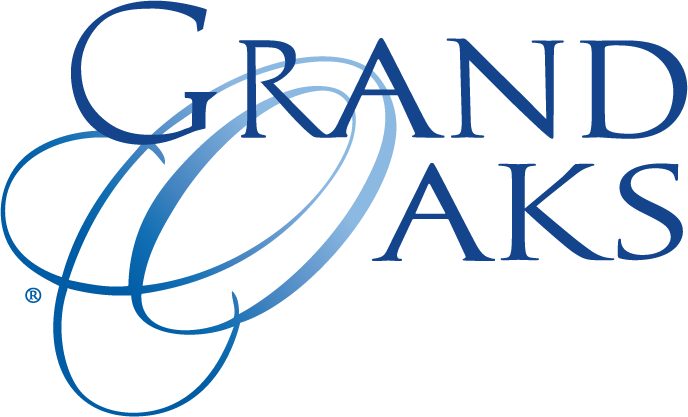4 Min Read
Life After Stroke for Seniors

Every 40 seconds, someone in the United States has a stroke. About 75% of strokes occur in people 65 or older. So, what are your next steps to recovery if this life-changing event happens to you? Learn how to live your life after stroke.
Post-Stroke Symptoms
Life after a stroke can feel daunting. Some stroke survivors recover quickly, but others require months or years of rehabilitation. The following symptoms are common in the days and months following a stroke. Over time and with rehabilitative care, most will improve.
- Weakness or paralysis
- Problems with balance or coordination
- Fatigue
- Decreased or loss of use of one side of the body
- Urinary or bowel incontinence
- Speech problems or difficulty understanding speech, reading, or writing
- Difficulty chewing or swallowing
- Difficulties with memory, attention span, or solving problems
- Blurred vision or other sight problems
- Depression, anxiety, or mood swings
- Emotional outbursts
Depending on where in the brain your stroke occurred, you may experience different symptoms.
- Right hemisphere stroke: Affects the left side of the body and can cause paralysis on the left side, vision problems, and memory loss.
- Left hemisphere stroke: Affects the right side of the body and can cause paralysis on the right side, issues with speech/language, and memory loss.
- Cerebral stroke: Causes abnormal reflexes in the head and torso, difficulty with coordination and balance, dizziness, nausea, and vomiting.
- Brain stem stroke: Affects many major bodily functions such as heart rate, breathing rate, and blood pressure.
Rehabilitation Options
While strokes vary in type and severity, one thing is true in all cases: rehabilitation is key to recovery. Rehabilitation can help you regain your strength and independence after a stroke. There are different options for rehabilitative care, depending on your condition:
- Inpatient rehabilitation facility: Patients receive 24-hour-a-day rehabilitative care under the direct care of a physician as well as rehabilitative therapy (physical, occupational, and speech) three+ hours per day, five to six days a week, for two to three weeks.
- Outpatient rehabilitation facility: Patients visit the facility a few times per week for a few hours to receive rehabilitative therapy.
- Skilled nursing facility: This option is best for patients who no longer need hospital care but still require some nursing services and a less intensive rehabilitation program with fewer hours of required therapy participation.
- Home-based programs: A rehabilitative team visits the patient in their house to provide therapy. This option allows for greater flexibility for the patient but at the cost of not having access to specialized rehabilitation equipment available in standard rehabilitation facilities.
The sooner you begin stroke rehabilitation, the more likely you will regain function of lost or diminished abilities. Talk to your doctor about which option is best for you.
Rehabilitation Therapy
You will receive personalized post-stroke care depending on what body parts or functions were affected by your stroke. Generally, rehabilitation programs include:
- Physical therapy
- Occupational therapy
- Speech therapy
- Hearing therapy
- Recreational therapy
- Rehabilitation nursing
- Nutritional care
- Counseling
- Patient/family education
- Support groups
Reduce the Risk of Recurrence
According to the American Stroke Association, 1 in 4 stroke survivors will have another stroke, but 80% are preventable with a combination of medication and healthy habits. Reduce your risk by:
- Eating a healthy diet
- Not smoking
- Staying as active as possible
- Keeping up with rehabilitation and follow-up doctors’ appointments
- Taking medications as directed by your doctor
- Monitoring your blood pressure and cholesterol
- Managing diabetes
- Reducing alcohol intake
Stroke Care at Grand Oaks & Sibley Memorial Hospital
Grand Oaks, located on the campus of Sibley Memorial Hospital, provides short-term Respite Care stays that allow you to recover from a stroke in a safe, convenient, and pleasant home-like setting. Licensed, caring specialists offer physical and occupational therapy on-site in residents’ apartments.
When patients are admitted to Sibley Memorial Hospital, they are cared for by an interdisciplinary team of medical professionals trained and certified to assess and treat stroke patients. This team works with the patient and family to develop a customized treatment plan that considers the patient’s overall condition, special needs, personal goals, and specific challenges to help them regain strength and coordination as soon as possible.

0 Comments